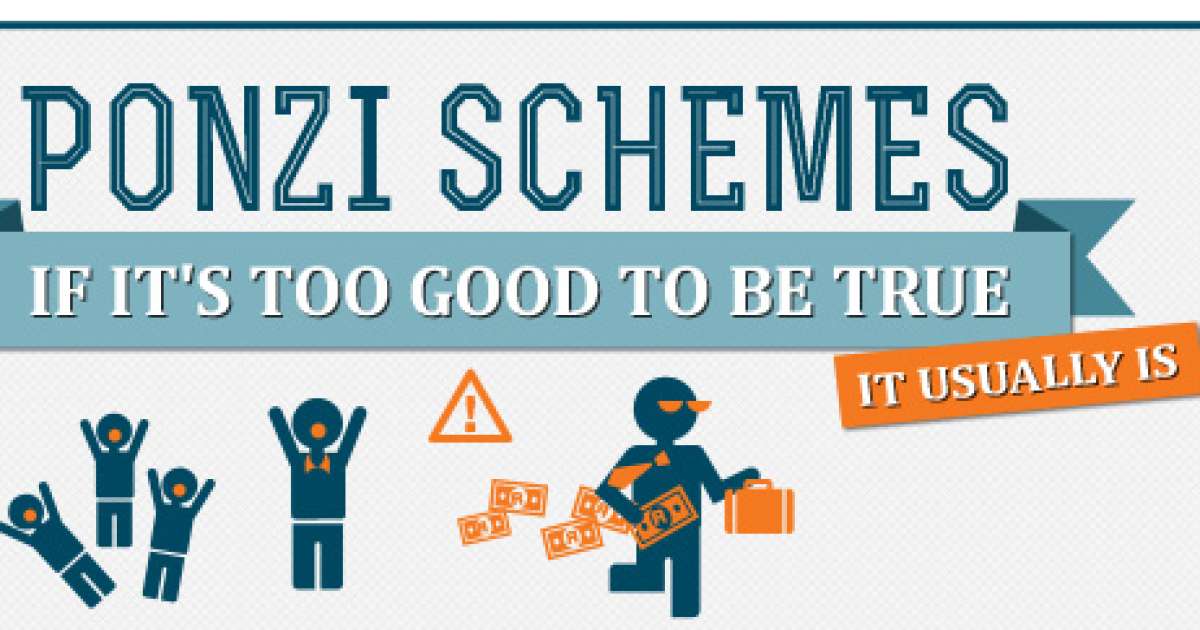The Competition and Consumer Affairs Commission (CCAC) is advising members of the public to be wary of Pyramid and Ponzi schemes which are disguised as legitimate investments. The warning from CCAC is being issued in the wake of several enquiries made to the Commission about the investment “scams”.
The Commission has also been told of approaches made to persons with the “get rich quick” through investing in these groups that will earn them multiple times their investment. Part of the scheme is for them to also engage in continuous recruitment of persons to join this pyramid scheme.
Consumers need to note that, “essentially, the foundation on which the pyramid scheme is built is the problem. Any plan that offers commissions for recruiting new members will inevitably collapse. The real casualties in the collapse are always the people in the bottom, with the people at the top of the pyramid protected.”
Part V of the Guyana Consumer Affairs Act, No. 13 of 2011 speaks to the issue of “Pyramid selling” as it clearly states: a person shall not promote or operate a pyramid selling scheme and any person who contravenes the subsection of this Act commits an offence.
The Act spells out that the term “pyramid selling scheme means a scheme that (a) provides for the supply of goods or services or both for reward; (b) that, to many participants, constitutes primarily an opportunity to sell an investment opportunity rather than an opportunity to supply goods or services: and (c) that is unfair, or is likely to be unfair, to many of the participants in that – (1) the financial rewards of many of the participants are dependent on the recruitment of additional participants; and (11) the number of additional participants that must be recruited to produce reasonable rewards to participants is either not attainable, or is not likely to be attained, by many of the participants.
The United States Federal Trade Commission (FTC) highlights several tips that should be considered when making a decision to be involved in these schemes:
Avoid any plan that includes commissions for recruiting additional distributors. It may be an illegal pyramid.
Beware of plans that ask new distributors to purchase expensive inventory. These plans can collapse quickly and maybe thinly-disguised pyramids.
Be cautious of plans that claim you will make money through continued growth of your “downline” – the commissions on sales made by new distributors you recruit – rather than through your sale of products.
Beware of plans that claim to sell miracle products or promise enormous earnings. Just because a promoter of a plan makes a claim doesn’t mean that it is true! Ask the promoter of the plan to substantiate claims with hard evidence.
Beware of “decoy” references paid by a plan’s promoter to describe their fictional success in earning money through the plan.
Don’t pay or sign any contract in an “opportunity meeting” or any other high-pressure situation. Insist on taking your time to think over a decision to join. Talk it over with a knowledgeable friend, an accountant or lawyer.
In the case of the “investment” ponzi schemes, the CCAC reminds consumers about an advisory issued in October 2019 by the Guyana Securities Council warning persons about fraudsters fleecing unsuspecting persons by asking them to invest in business in the securities market but are not licensed to so do by the Council. In this case, consumers are advised to check with the Securities Council before making any investment.
The CCAC encourages consumers to do thorough research before becoming entangled in any of these schemes. If you think you have been scammed please contact the CCAC to investigate. (Competition and Consumer Affairs Commission press release)








